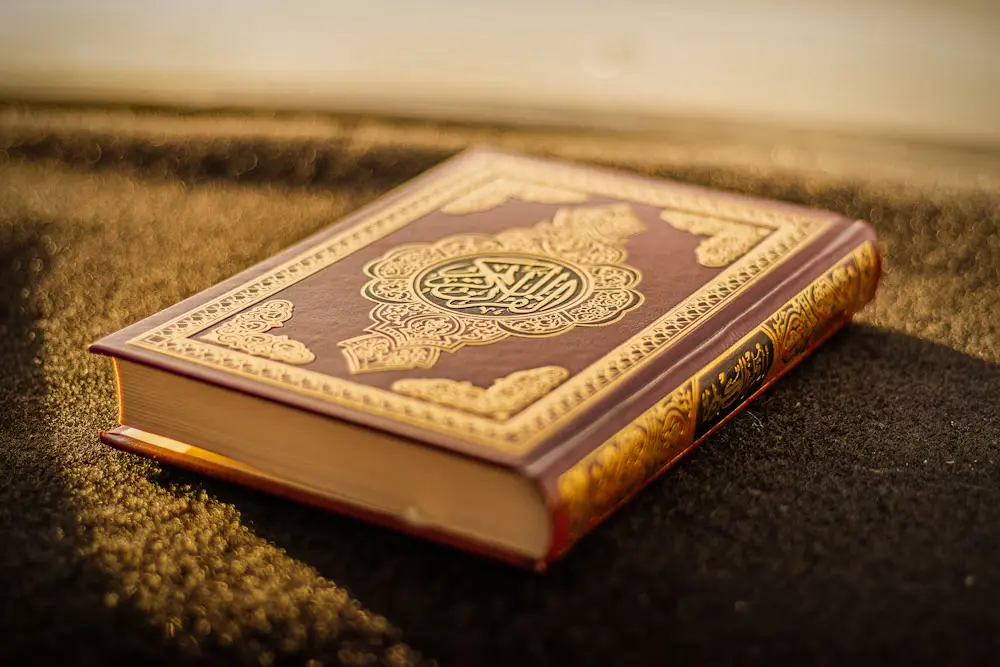The Quran holds a special place in the hearts and minds of over a billion Muslims worldwide. It’s not just a religious text but a profound guide to life, ethics, and spirituality. Let’s delve into what the QuranPak is and what it teaches us.
Introduction to the Quran
The Quran is the holy book of Islam, believed by Muslims to be the word of God as revealed to the Prophet Muhammad over approximately 23 years. It’s considered the final revelation, completing and confirming the messages of previous prophets like Abraham, Moses, and Jesus.
Origin and Compilation
The Quranic revelations began in 610 CE when the Angel Gabriel appeared to Prophet Muhammad in the cave of Hira near Mecca. Over the next two decades, these revelations were gradually compiled into the Quranic text. After Muhammad’s death, the holy book was compiled into a single manuscript during the caliphate of Abu Bakr and later standardized during the reign of Usman.
Structure and Content
The Quran is divided into 114 chapters, called Surahs, which vary in length and cover a wide range of topics. Each Surah is further divided into verses, known as Ayahs. The content of the holy book encompasses guidance on various aspects of life, including theology, morality, law, and spirituality.
Key Teachings
One of the central teachings of the Quran is the concept of Tawheed or the oneness of God. It emphasizes the importance of monotheism and rejects idolatry. Additionally, the holy book guides ethical behavior, emphasizing virtues such as honesty, justice, compassion, and patience.
Impact on Society
The Quran has played a significant role in shaping Islamic civilization and its values. It advocates for social justice, equality, and the rights of marginalized groups, including women and the poor. Furthermore, it promotes interfaith dialogue and encourages Muslims to coexist peacefully with people of other faiths.
Spiritual Guidance
For Muslims, the Quran serves as a source of spiritual nourishment and guidance. It emphasizes the importance of faith, prayer, and remembrance of God in leading a fulfilling life. Regular recitation and reflection on its verses are believed to deepen one’s connection with the divine.
Quranic Verses and Science
Many Muslims believe that the Quran contains scientific miracles, such as descriptions of embryology, cosmology, and natural phenomena, that were unknown to people at the time of revelation. These verses are seen as evidence of the Quran’s divine origin and its compatibility with modern scientific knowledge.
Misconceptions and Clarifications
Despite its profound teachings, the holy book is often subject to misinterpretation and misrepresentation. Critics may cherry-pick verses out of context or misunderstand the nuanced meanings of certain passages. It’s important to approach the holy book with an open mind and seek guidance from knowledgeable scholars.
Universal Message
While the Quran was revealed in Arabic to the people of seventh-century Arabia, its message is considered universal and timeless. It addresses the fundamental questions of human existence and offers guidance for people of all backgrounds and cultures.
Personal Reflections
Many Muslims have personal stories of how the Quran has impacted their lives, providing them with comfort, guidance, and inspiration during difficult times. Its teachings have the power to transform hearts and minds, fostering a sense of inner peace and purpose.
Scholarly Perspectives
Scholars have devoted centuries to studying the Quran, exploring its linguistic, historical, and theological dimensions. Interpretation and exegesis of the Quranic text vary widely, leading to diverse interpretations and schools of thought within the Muslim community.
Quran in Modern Times
In the digital age, the Quran has become more accessible than ever before, with online translations, commentaries, and recitations available at the touch of a button. Mobile apps and websites provide users with tools for studying and memorizing the holy book, making it easier for people to engage with its teachings.
Challenges and Responses
Despite its widespread reverence, the Quran faces challenges from skeptics and critics who question its relevance and authenticity. Educational initiatives aimed at promoting Quranic literacy and fostering understanding among people of different faiths are essential in addressing these challenges.
Conclusion
The Quran is not merely a book of religious scripture but a timeless guide to living a virtuous and meaningful life. Its teachings on monotheism, morality, and spirituality continue to inspire and uplift people of all backgrounds, offering a message of hope and guidance in an ever-changing world.
FAQs
Q1. Is the Quran only for Muslims?
A. While the Quran is considered the holy book of Islam, its teachings are believed to hold universal significance and relevance for all humanity.
Q2. Are there different versions of the Quran?
A. No, there is only one Quran, which has remained unchanged since it was first revealed to Prophet Muhammad.
Q3. How should one approach reading the Quran?
A. It’s advisable to approach the Quran with an open heart and mind, seeking guidance from knowledgeable scholars and engaging in reflection and contemplation.
Q4. What role does the Quran play in Islamic worship?
A. The Quran is recited and memorized by Muslims worldwide and holds a central place in their daily prayers and religious rituals.
Q5. Is the Quran compatible with modern science?
A. Many Muslims believe that the Quran contains scientific insights that were ahead of their time and are consistent with modern scientific discoveries.
If you want more Quranic Blogs Click Here!

